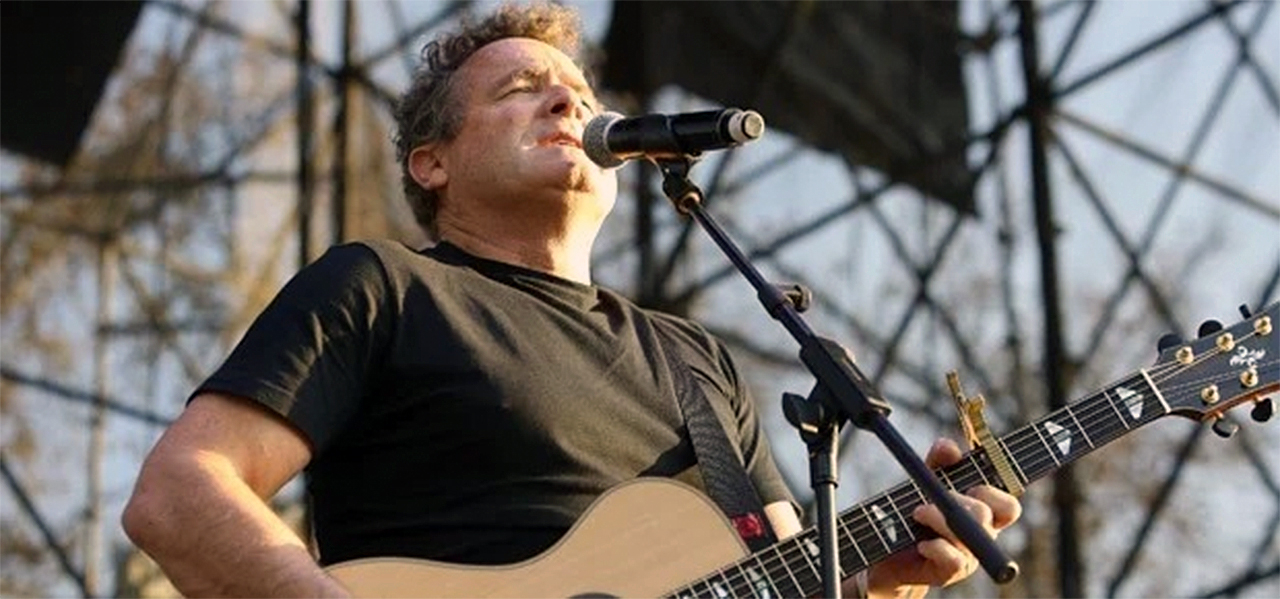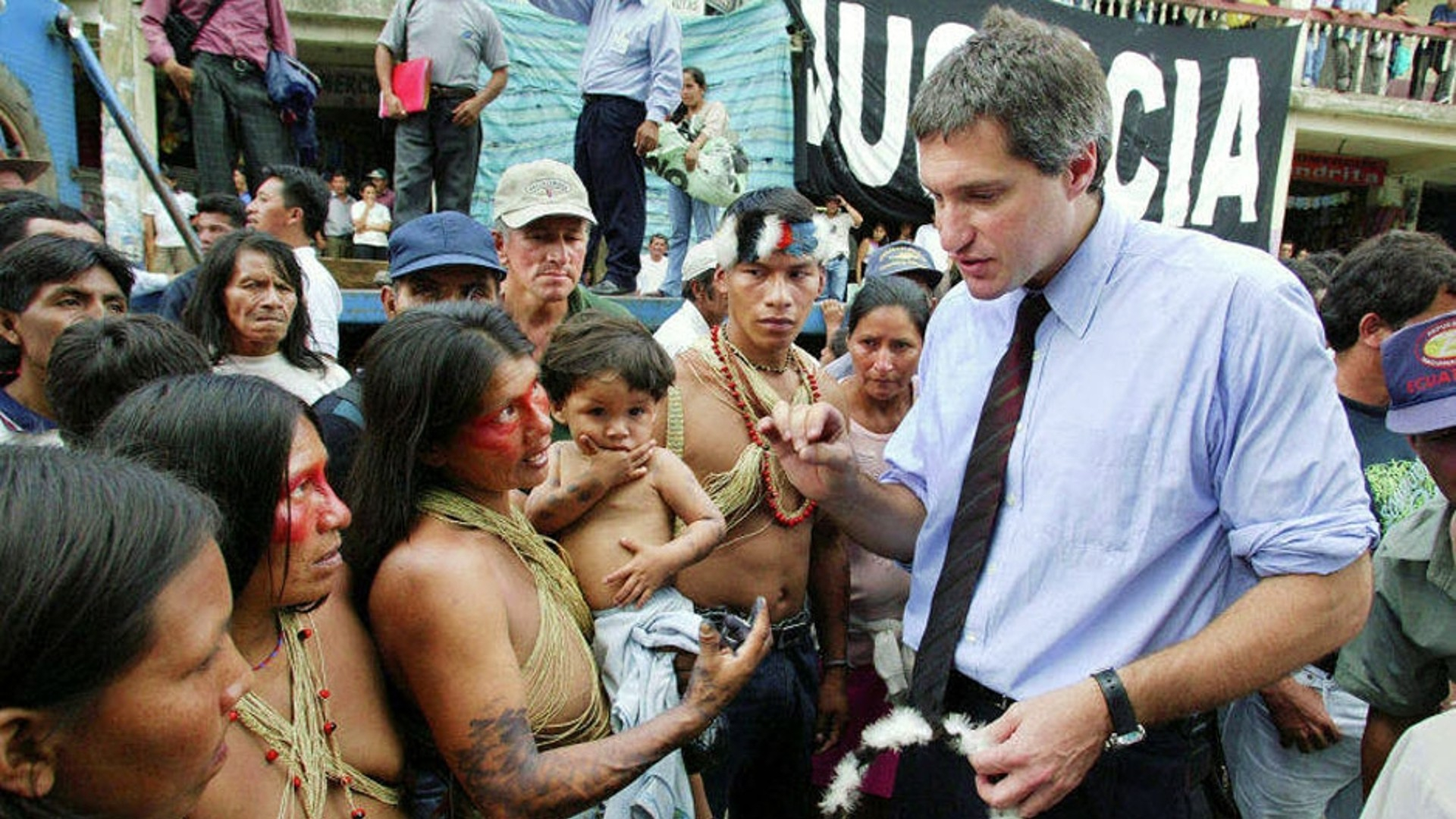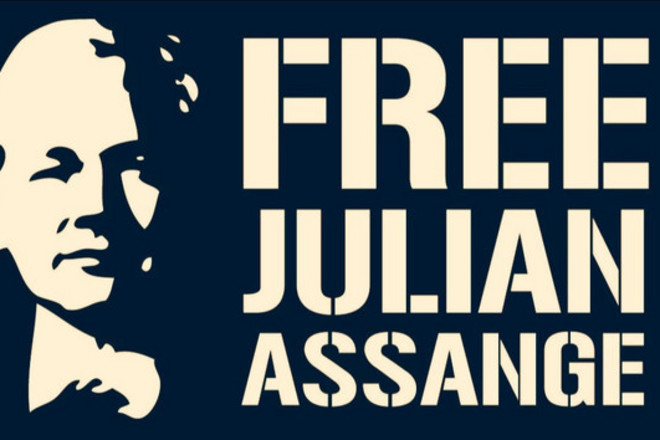We had a sit down with Paolo Genovesi, global citizen, self-declared pro-Apartheid supporter, turned pan-Africanist. On the effect of music, musicians, and one musician in particular - Johnny Clegg - affected his life and altered his worldview. Sit back for a lengthy read of an interesting conversation that covers a lot of topics.
Paolo's story shows how political and/or social activism, be it via music art, or other means, can alter people's mindset, change their lives and that of others, for the betterment of all.
Welcome to UbuntuFM, Paolo, and thank you for the opportunity to sit down with us. Every story has a beginning. Where did yours start?
I have been always fascinated by travel and foreign cultures. Africa, in particular, has been so important in my life because of my granny who lived in Zimbabwe, then called Rhodesia. So I grew up in Africa and travel with Africa on my mind.
By sheer luck, faith, but most certainly thanks to the influence of my uncle, who at the time worked for an Italian construction company, I got a job at a building site in Zimbabwe, nearby where my granny lived. It was 1992, aged 25, I moved for 3 years over there, to Zimbabwe.
So, your grandmother already lived in Africa. How did that come to be? It most certainly explains further your ties to the continent.
My grandmother was a Danish citizen; she married in the late 1920s to my grandfather, Ugo Mirabelli. They lived in Rome where my grandfather was a lawyer; they had 2 kids: my mum and my uncle.
Then they separated - at a time that divorce was illegal in Roman-Catholic Italy. Granny had several jobs in Northern Italy. Then, in 1950, while in Rome she met her second husband-to-be, Mr. Albert Anderson, who had come from Rhodesia to Italy to marry his only daughter; they met and that was it. In 1955 they both moved to Rhodesia, Salisbury, together with my uncle who went to university in Cape Town.
And your uncle? Did he grow up in Africa?
He did; he studied engineering at CTU (Cape Town University) and then in the '60s worked as a civil engineer for the Rhodesian Government until he moved back to Italy in the late 1960s and started working for Salini Costruttori.
Before this interview, you told us that Johnny Clegg is a personal hero to you. How did you get connected?
I was first introduced to Johnny Clegg in the late '80s via MTV Italy [yes people, back then MTV broadcasted real music!]. They used to show ‘Scatterlings of Africa’, by Johnny Clegg and Savuka. I instantly loved him.
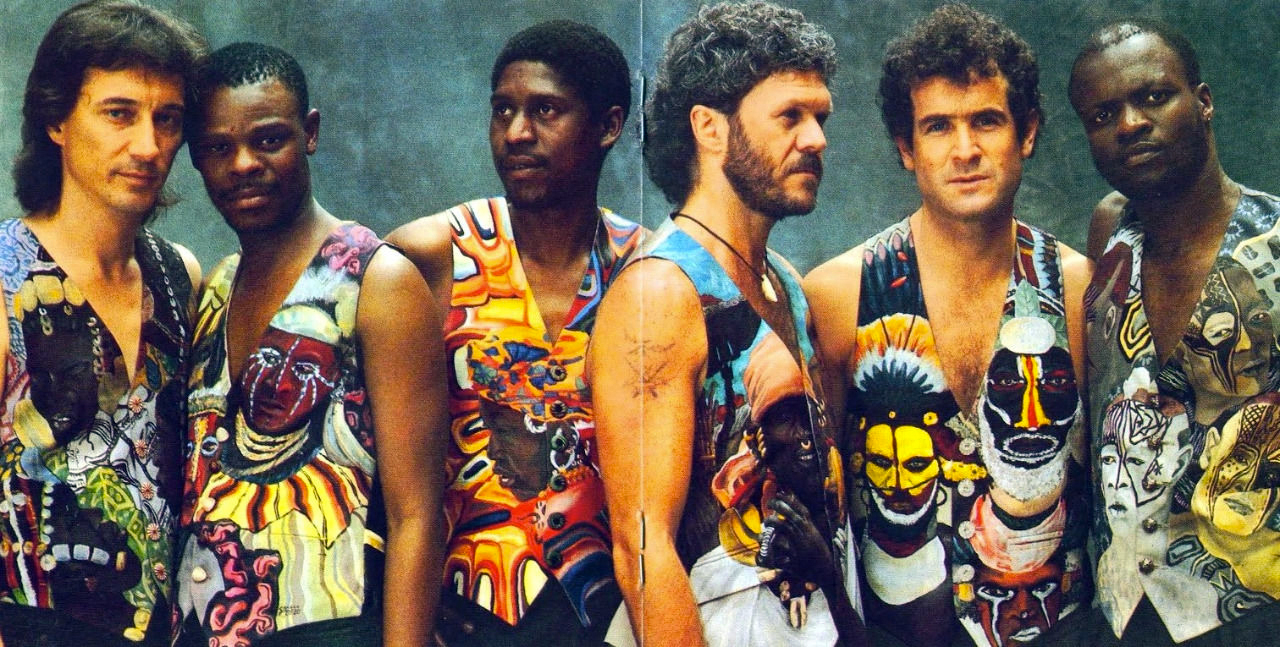
It was in 1992, on this building site in Zimbabwe, where a colleague of mine introduced me to a bunch of African singers and amongst them was Johnny Clegg. I remember, that on my first trip back to Italy, I bought as many CD’s as possible, and in a short time, I had all of Johnny’s music in my collection.
So from your youth, growing up in Italy, Johnny Clegg’s music once again crossed paths with you during your stay in Zimbabwe? What had happened in the meantime?
I grew up in Rome, my musical interests were ranging - and still do - from the Beatles to Phil Collins, from Antonello Venditti to Ligabue, from Italian music to foreign. I guess it's a regular selection, you can expect from an Italian teenager at that period in time.
Yet, after that first African experience in 1992-95, I had also started listening to Manu Dibango, Youssou N'dour, Thomas Mapfumo, Johnny Clegg, Gorwhane, and many African groups and genres from the continent.
What was the effect of Johnny Clegg’s music on you?
It opened me up to the world of black [African] music. The fact that his musical style was [mostly] a Western one, helped me to bridge the gap. His texts in Zulu added something to the whole experience. It helped me to [develop and] mature my vision of Africa, and at the same time made me also to approach African culture a bit more. His music accompanied me during my 20-year stay in Africa. I got married and then I lived in Africa in different countries until 2014, when I moved back to Europe.
Was it just the music or was there maybe more to the man?
His music was a great part of my life and helped me to change my political views on Africa too. His texts where anti-apartheid, as well as intimate. When I was in my teens I was a staunch [former SA president Pieter] Botha and pro-apartheid supporter; His music and Africa itself changed me into a "pan Africanist" of sorts.
Paolo, you amaze me, an Apartheid supporter?! I would never, ever, have sought that behind you! By comparison, when I grew up, we had a boy in our class who previously had repatriated from South Africa. He was an apartheid supporter too. But even then, aged 12, the collective consciousness of his classmates - that there was something wrong with that system - brought him to tears and despair. So what is your story in this case?
My generation was non-political, unlike my brother's that came from a very and was very politicized time. We are talking about 1981 to 1990. At school, politics was not a topic of discussion and was considered boring and uninteresting. My classmates and friend's passions were football, dating, and friends.
I was highly politicized at that age because I came from a politically engaged family. In my house, we always talked politics with very divergent opinions, and I took mine and a bit as a contrarian, I called myself liberal-leaning, more to the right of the political spectrum.
My generation didn't live the fierce battles lived by my brother's generation in Italy in the '70s; theirs was divided between Fascist and Communist tensions that erupted in the Anni di piombo [a period of social and political turmoil in Italy that lasted from the late 1960s until the late 1980s, marked by a wave of both left-wing and right-wing incidents of political terrorism].
Before coming to Africa, I had this sort of colonial world view derived from the life lived by my granny and the small white community in Rhodesia-Zimbabwe. During the 1978-80 period, Zimbabwe's independence, all of our family were worried as to what would happen to the white community as well as our granny.
Can you elaborate on what happened to the white Zimbabwean community after independence?
As far as the white community in Zimbabwe, nothing happened to them, after independence, and for many years; until their farms were seized, early 2000, they lived the comfortable life they had been living before independence.
Then things changed after 2000 and the farm seizure, driving a huge number of them to emigrate. However, a constant trickling of white people leaving Zimbabwe to other countries had started already in the '70s.
Myself coming from the Netherlands, I have always felt uncomfortable with the word ‘Apartheid’; even though we cannot construct a meaningful sentence with that word in modern-day Dutch, which may further attribute to its insanity.
I think I always have been pretty much aware of Holland’s dark colonial past and slavery practices. The word ‘apartheid’ and the goings-on in South Africa at the time I grew up, even more so hammered this down my consciousness. Italy’s track record isn’t quite unscathed in that regard either.
From Apartheid supporter to pan-Africanist, that is quite a paradigmatic shift. What do you understand Pan-Africanism to be?
Pan-Africanism, to my understanding, is a general idea that Africa has to be 'really' independent; released from the shackles of world powers, they have to stand on their own feet, both politically and economically. Africa hasn't reached that stage yet; it is still controlled by the West, by China and by multi-national corporations.
In my opinion, African nations have to go more down the path of democracy and 'parliamentarism', respect for human rights, and fight against corruption, to call themselves 'really' independent. The first stage has been reached with political independence, but the path is still long.
This raises two interesting topics: China and political independence. You put China in the same basket as the Western powers. I would, however, discern the Afro-Chinese relationship more as one of mutuality, rather than cold-hearted exploitation. What is your take on this?
My view is that China and Europe display the same behavior to Africa in general terms: predatory and neo-colonialist. They exploit Africa's resources for their benefit.
The difference is that Western countries also demand democratic rule and good governance, China doesn't. This fits well with African leaderships who, along with China, don't feel a moral obligation to human rights, accountability or democratic rule.
Secondly, do you feel that African nation-states are truly sovereign? As we like to think the EU, US, UK, China, and Russia are?
African nation-states are less sovereign then we would imagine Western countries to be, much like in my opinion Italy is when compared to other European countries. This is due to the high level of corruption and lack of political vision present in most African leaderships and governments. I think the same applies to Italy when compared to France, the UK, or the US.
Point taken Paolo. I would step up the ante by stating that all of them are (morally) corrupt and lack vision. To me, the nation-state is a failed concept that did only emerge as a concept in the late 1800s as an answer to failing (European) monarchies and only really took off after World War I. Nation-states are, more often than not, no more than lines drawn on a map, crossing cultural, linguistic, and historical borders and divides. But we digress. Why does Africa (still) matter to you? You don’t live there anymore…
True, but I left my heart and my family there; in any case, once you live twenty years in any given place, it will stay with you forever.
Which raises the question: how much of Paolo has become African? Do Africa and Italy compete for first place in your heart and mind? You did retain your Italian citizenship during your stay in Zimbabwe, right?
I have been and always will be an Italian citizen, I consider myself Italian, 120%. Certainly, a different kind of person thanks to my African experience.
I once called Africa 'the last bastion of humanity'. Do you have something to add to this?
I wouldn't consider Africa the last bastion of humanity; It is certainly a continent that suffered greatly on the world stage and still does. Mostly due to other countries' fault, but also due to faults of their own making.
Africa has the power and the strength to emerge from it all should they decide to do so. Probably in the next century.
The continent went through a massive change in just the last 200 years: European influence, slavery, colonialism, two world wars, ideological awakening, decolonization, independence, neo-colonialism and a new world order that is still shaping them as well as us.
They are going through a massive transformation in a very short period, thus they need time to adapt to new challenges, with a generally very inexperienced and unprepared leadership. In Europe in terms of political leadership, we are suffering the same situation.
Getting back to Johnny Clegg. He was a white South African but considered ‘one of us’ by my black South African friends. What’s your take on this?
He was a Zulu, a real Zulu according to their customs, and spoke the language fluently. Johnny was a bridge between two different cultures during a time of strong conflict; We are talking 70's when he set up the band Juluka [Zulu for sweat, formed in 1969 together with Sipho Mchunu] and when he started singing. He fought apartheid in his distinctive way, and because of it was forced to go into exile in France.
So, you are saying that being part of a tribe or culture is not so much a racial thing but rather a matter of the heart and mind?
Absolutely, yes. Racism is not about skin color; it is more about culture and customs. After all the West had to introduce the supposed genetical inferiority of black people to give moral justification to slavery. first and colonialism later.
I think we should elaborate on this topic. I would say racism is all about color, at least from a superficial point of view; skin color being an easy to identify marker, to which to discriminate against.
The racism propagated from so-called 'genetical inferiority' wasn't introduced before the early 1900s, most manifest in the 1920s pseudo-science of eugenics which found it's most evil incarnations in the Nazi regimes of 1930s Germany and South Africa, in the 50s and 60s - enshrined in their racial laws.
Before this came the religiously induced 'moral inferiority'; so-called Christian churches providing the moral alibi to exploit, kill and abuse millions of 'heathens', not only in Africa but throughout the world.
Johnny Clegg was someone who cut right through the bullcrap.
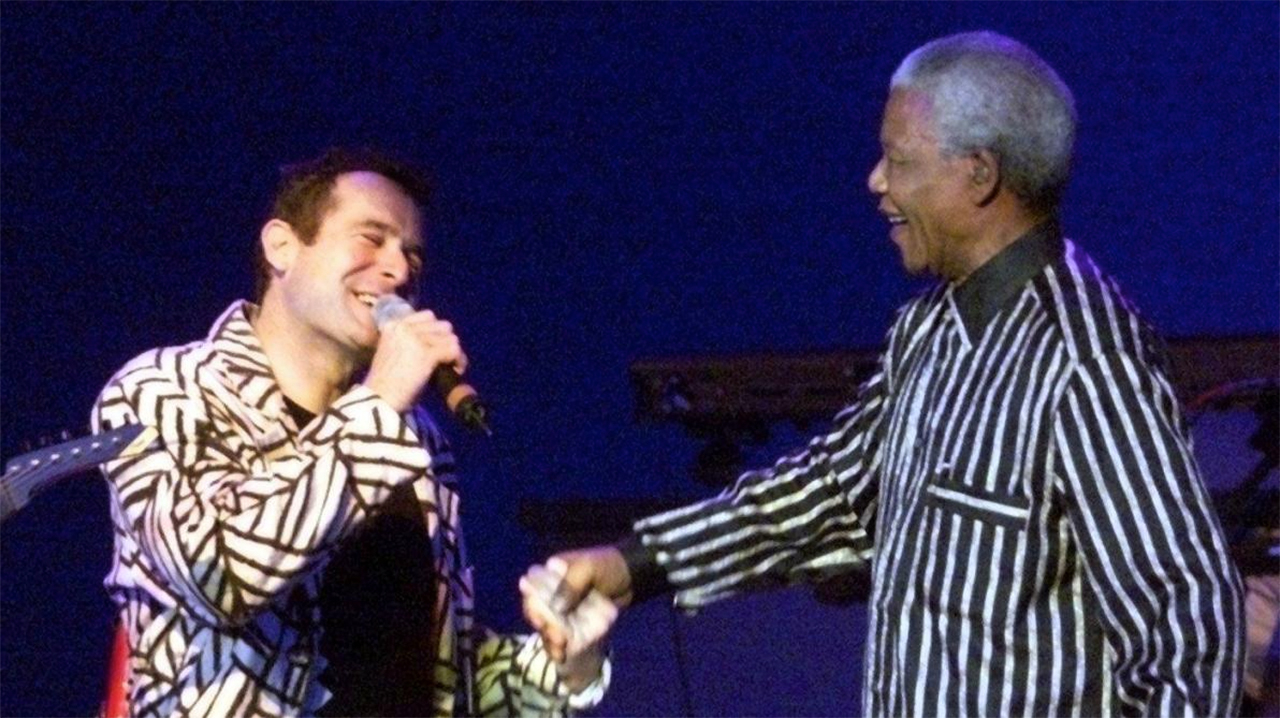
I would describe Johnny Clegg not so much as an activist against apartheid - he was - but far more as an advocate for mutual understanding, justice, and equality; someone who single-handedly bridged the racial and cultural gap between the peoples of Southern Africa, and in that sense can stand shoulder to shoulder with the likes of Nelson Mandela, Steven Biko, and Joe Slovo. Or is that too far fetched? What is your take on this?
He does stand shoulder to shoulder with these giants, as well as being a freedom fighter; He fought in a non-violent way an unjust regime and we should all remember all those that died during the state of emergency while in detention.
What is your favorite Clegg track and album?
My favorite tracks are 'Scatterlings of Africa' and one that is less known: Warsaw 1943 - amazing lyrics about the tortured and torturer; one is in jail for what he thought or did, the jailer or torturer is also in jail, that is the way he has to behave towards another human being, the symbolism of what oppressive regimes must do to survive and becomes a jail in itself.
Yes I, you said it. The more oppressive a regime becomes, the more people they put behind bars, the more they become prisoners of their machinations and start to build walls, to put themselves in jail - revealing their moral deficit. Machination is derived from Machiavelli, he was Italian, right?
As we write Johnny Clegg into the annals of (Southern) African history, what can we learn from his story and possibly apply into the future?
He teaches us that political activism or any form of activism can have many forms, non-violent ones are an excellent example, as well as the fact that you must always immerse yourself in another culture - even the one of a supposed enemy; you can only grow and learn from understanding your opponent.
If we don't learn, grow, reach out, feel uncomfortable, fight for what we believe, go beyond our comfort zone, we don't grow as humans; subsequently, if we don't grow as humans, if we don't contribute in whatever form, what the hell do we live for?
Ultimately, Johnny Clegg played his part and contributed to us all; he left his footprint in the world. We should all strive to do the same.
Amen to that, bro - thanks so much for your time.
Jonathan Paul Clegg, OBE, OIS (7 June 1953 – 16 July 2019) was a South African musician and anthropologist. His band Juluka began as a duo with Sipho Mchunu, and was the first group in the South African apartheid era with a white man and a black man. Clegg then founded the band Savuka, and also recorded as a solo act, and occasionally reuniting with his earlier band partners. Sometimes called "The White Zulu”, he was an important figure in South African popular music and resistance to Apartheid, with songs that mix Zulu with English lyrics and African music with various Western styles.
